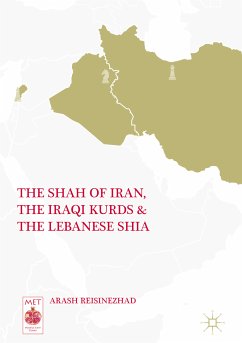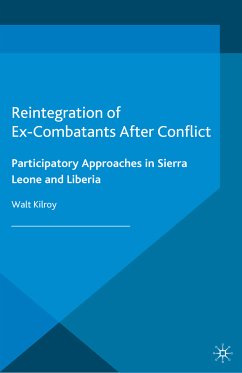
Libya in the Arab Spring (eBook, PDF)
From Revolution to Insecurity
Versandkostenfrei!
Sofort per Download lieferbar
44,95 €
inkl. MwSt.
Weitere Ausgaben:

PAYBACK Punkte
22 °P sammeln!
By examining Libya's security architecture before and after the North Atlantic Treaty Organization (NATO) intervention in 2011, this book aims to answer three questions. First, what were the security patterns in Libya within the Middle East security complex before the Arab Spring? Second, to what extent did the Arab Spring and the revolution and intervention processes in Libya affect this security architecture? And third, what are the implications of the Libyan revolution and the NATO intervention on regional security and on the security sub-complexes of the Middle East in the post-Arab Spring...
By examining Libya's security architecture before and after the North Atlantic Treaty Organization (NATO) intervention in 2011, this book aims to answer three questions. First, what were the security patterns in Libya within the Middle East security complex before the Arab Spring? Second, to what extent did the Arab Spring and the revolution and intervention processes in Libya affect this security architecture? And third, what are the implications of the Libyan revolution and the NATO intervention on regional security and on the security sub-complexes of the Middle East in the post-Arab Spring era? The author addresses these issues by providing a micro-level analysis of amity-enmity patterns, power distribution and external power interests.
Dieser Download kann aus rechtlichen Gründen nur mit Rechnungsadresse in A, B, BG, CY, CZ, D, DK, EW, E, FIN, F, GR, HR, H, IRL, I, LT, L, LR, M, NL, PL, P, R, S, SLO, SK ausgeliefert werden.












